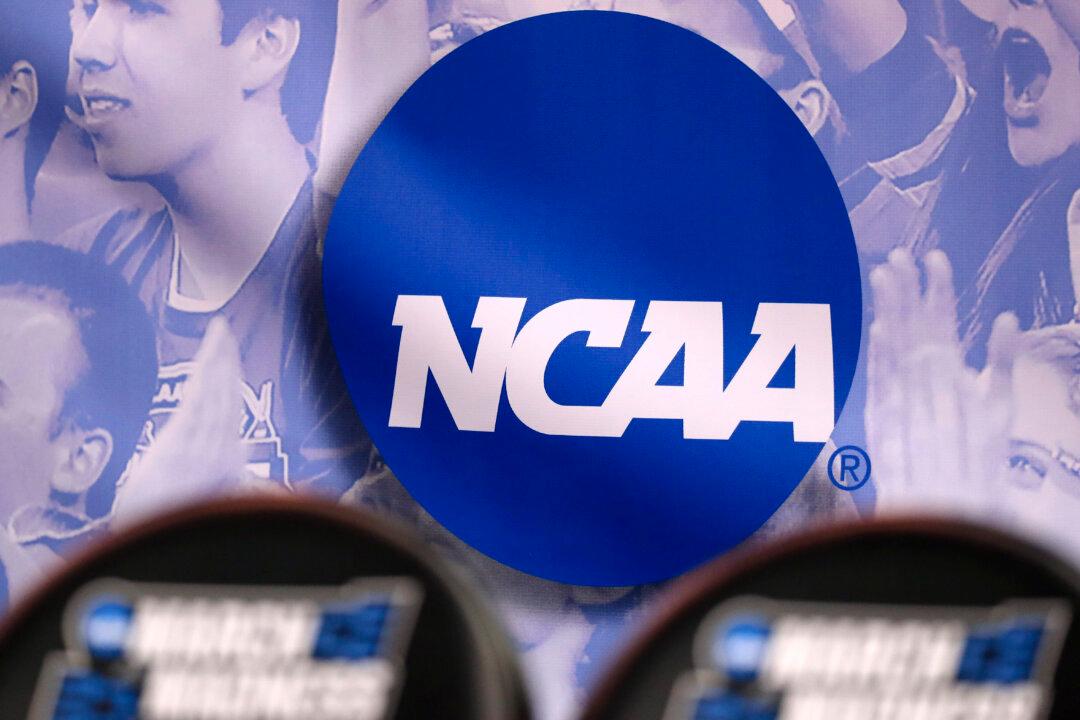State attorneys general in Tennessee and Virginia have sued the National Collegiate Athletic Association (NCAA) for allegedly violating antitrust laws related to student-athlete use of their own name, image, and likeness, commonly known as “NIL,” according to the lawsuit filed in the United States District Court for the Eastern District of Tennessee on Wednesday, January 31.
“The NCAA has started enforcing rules that unfairly restrict how athletes can commercially use their [NIL] at a critical juncture in the recruiting calendar,” the lawsuit reads. “These anticompetitive restrictions violate the Sherman Act, harm the States and the welfare of their athletes, and should be declared unlawful and enjoined.”





